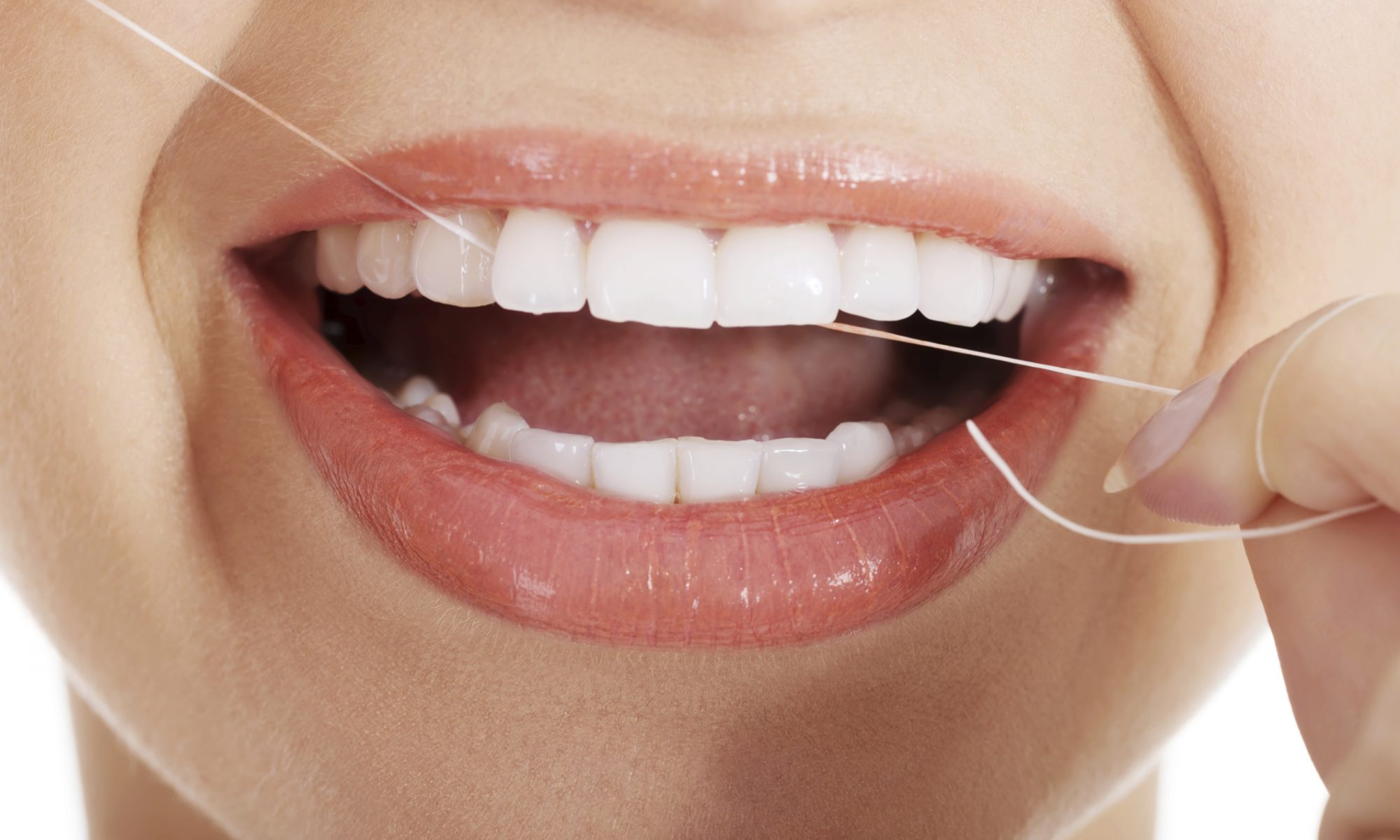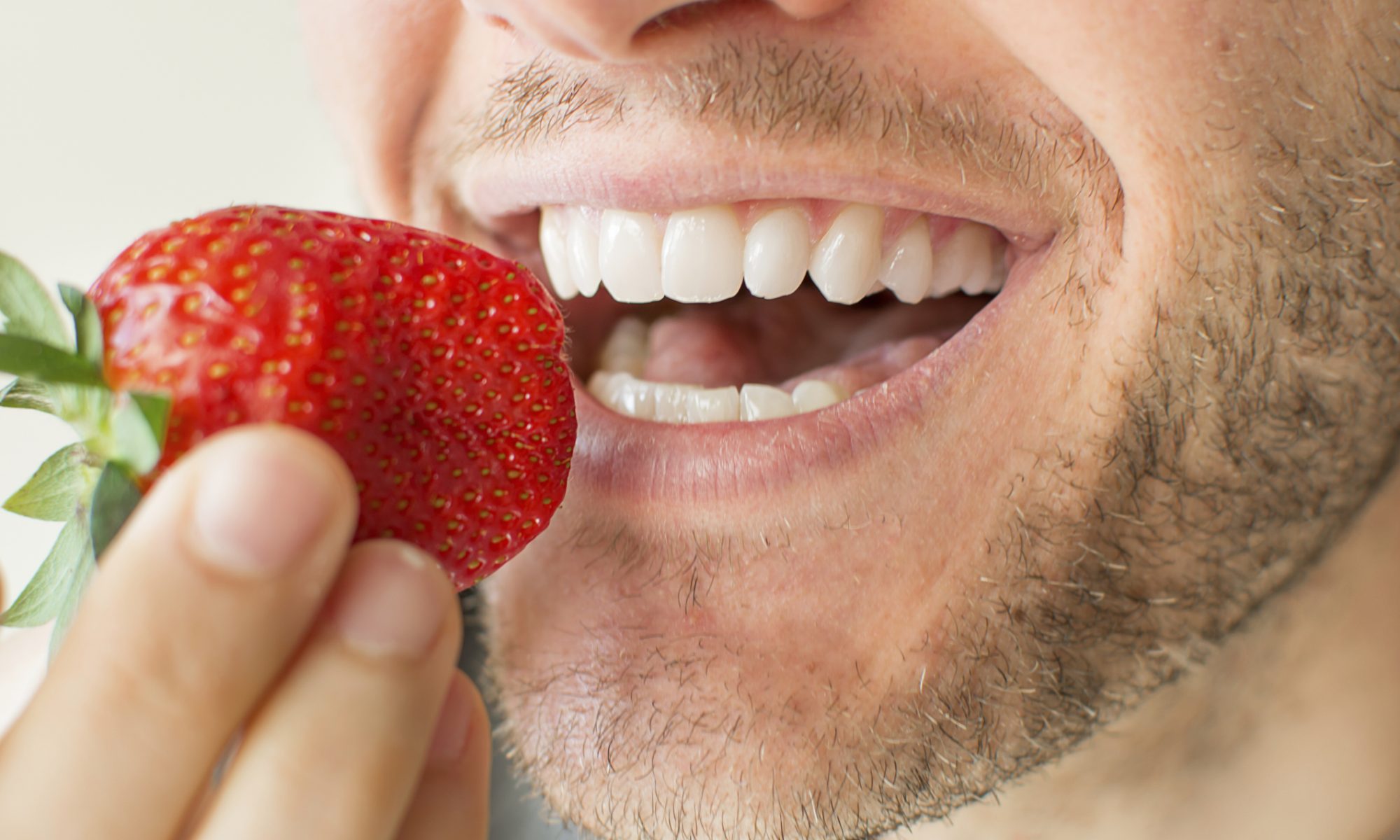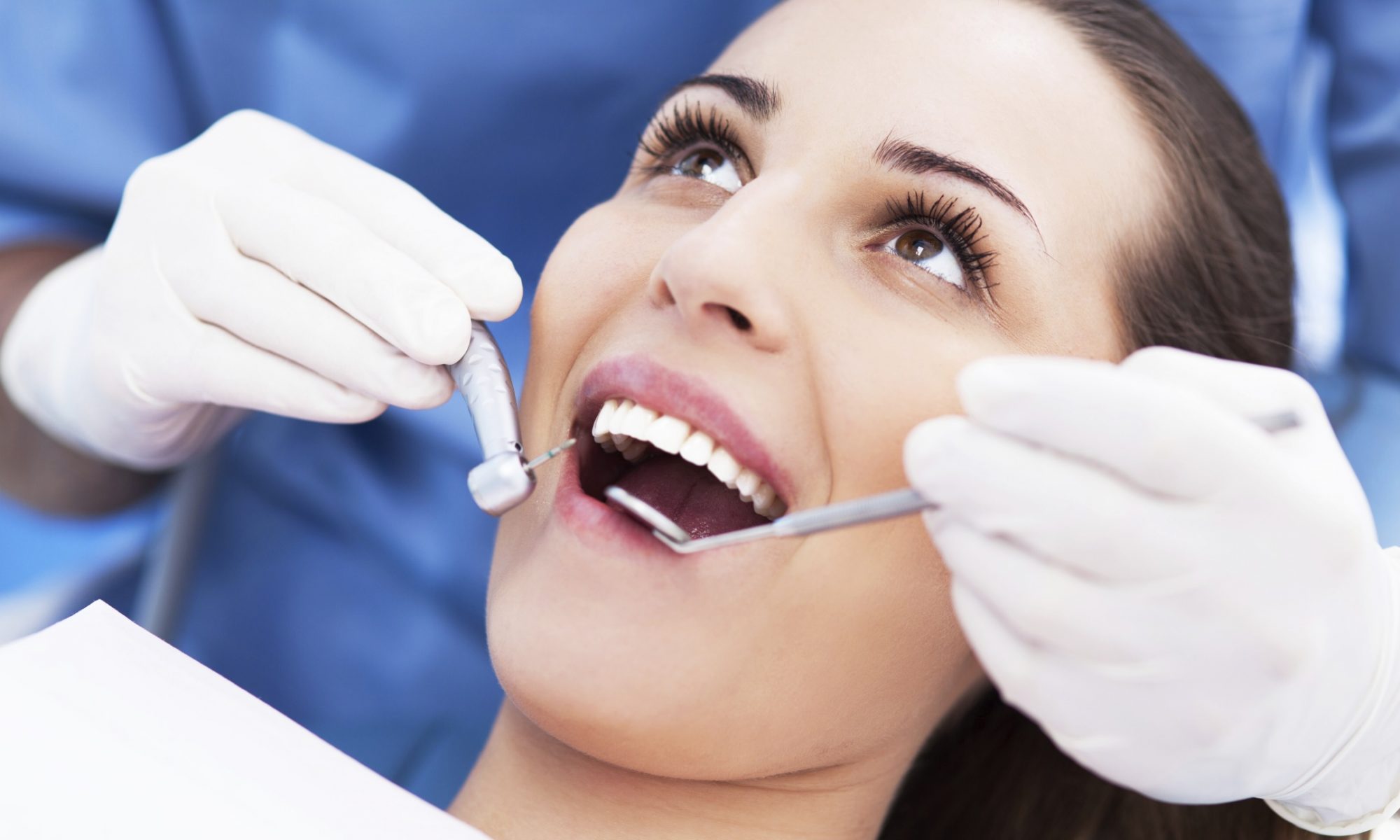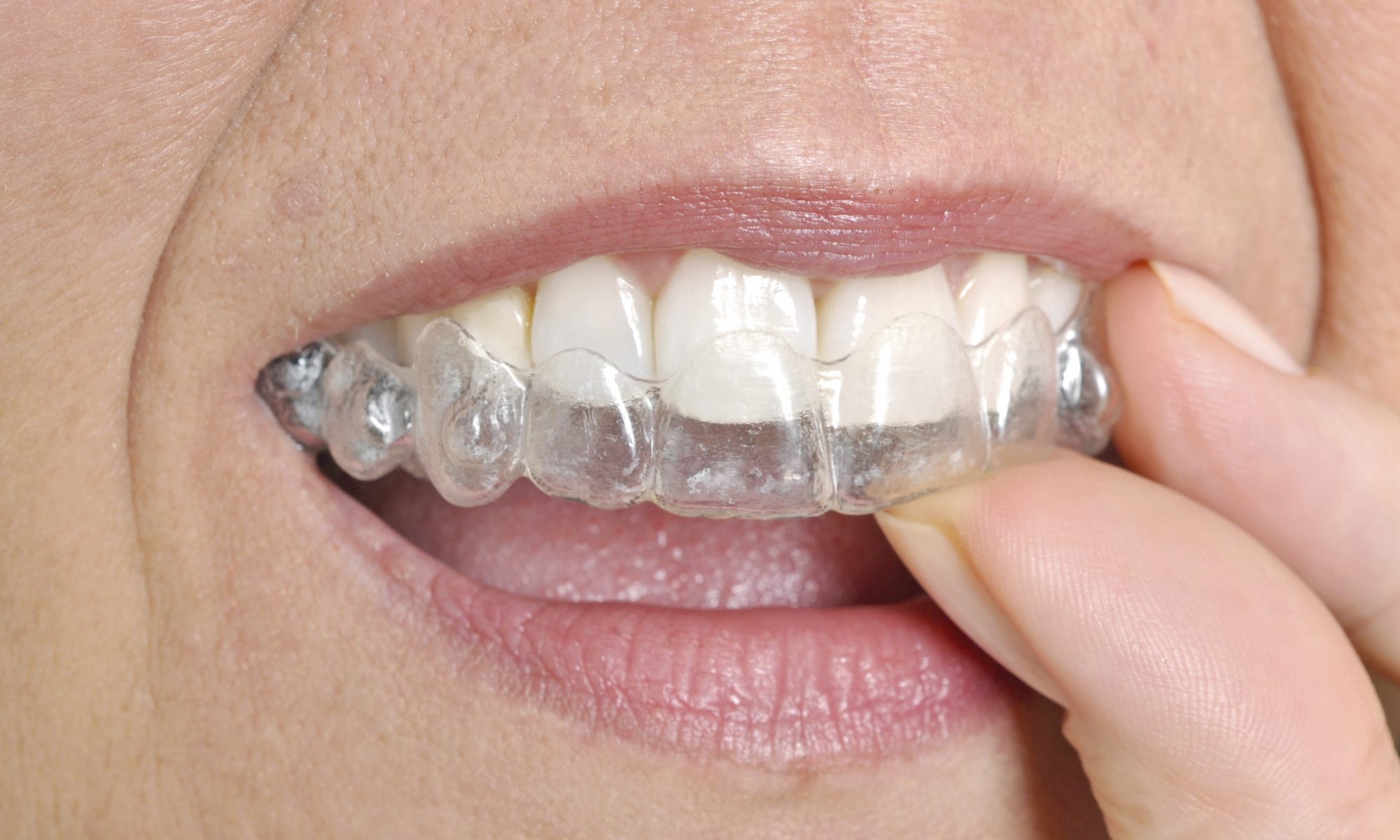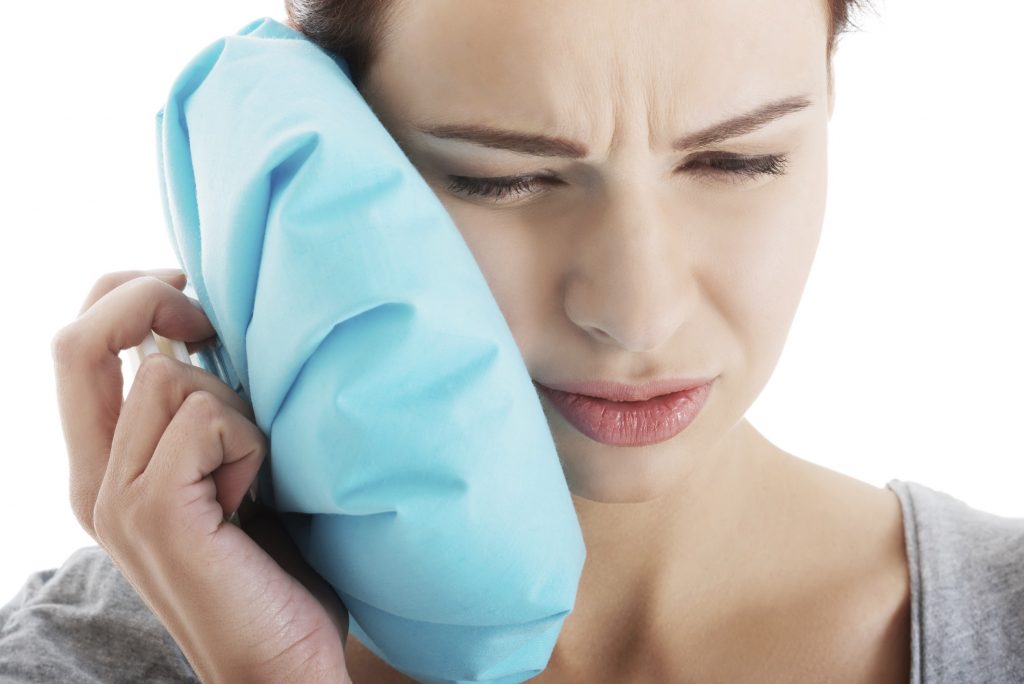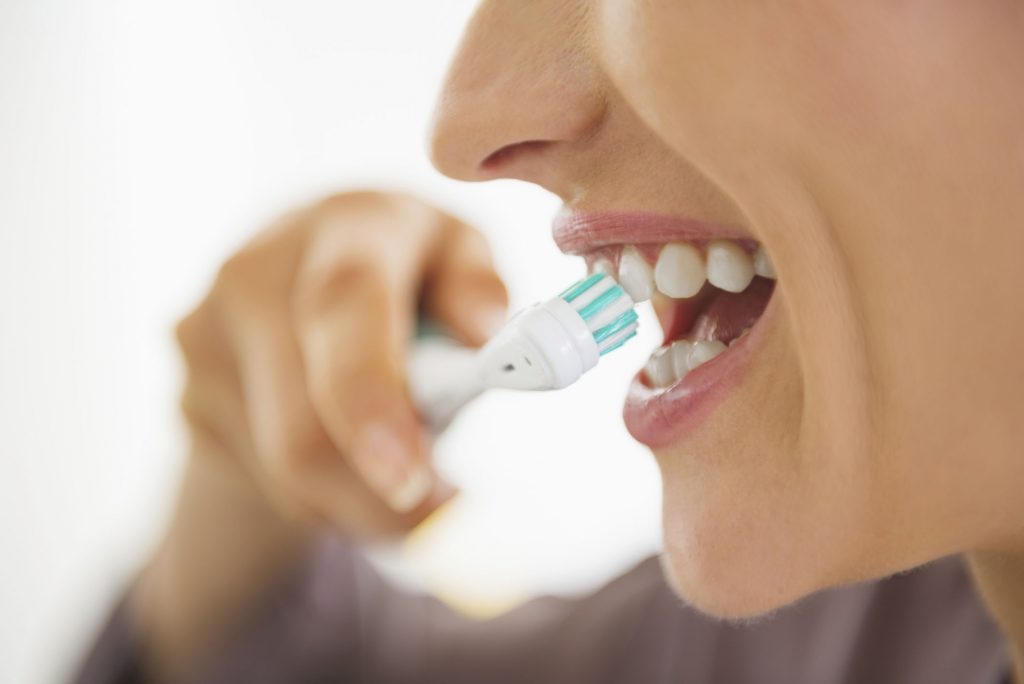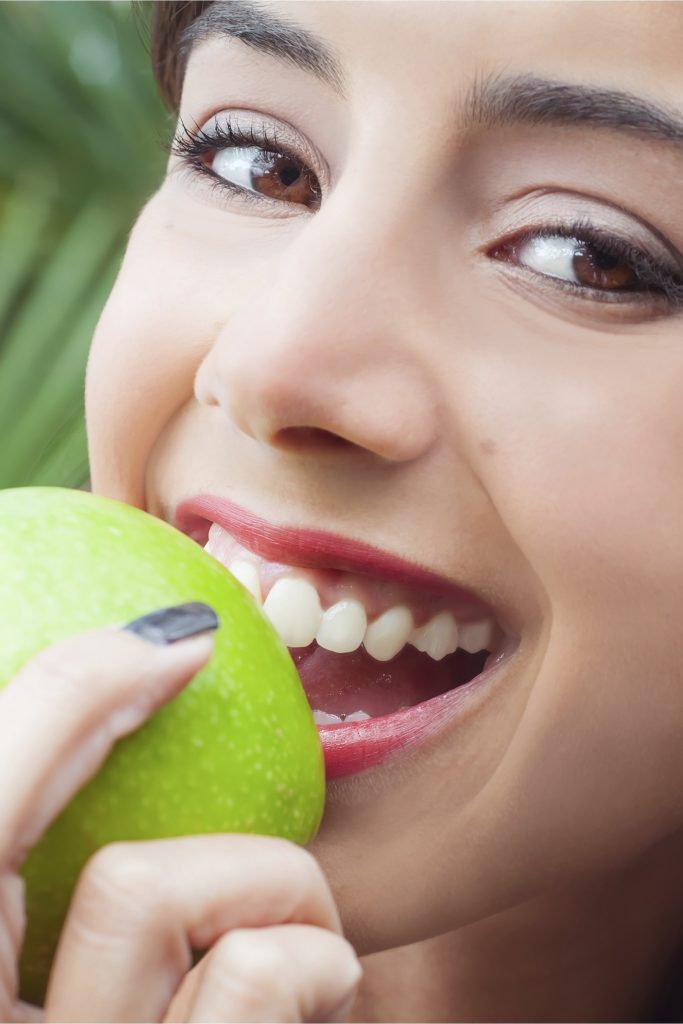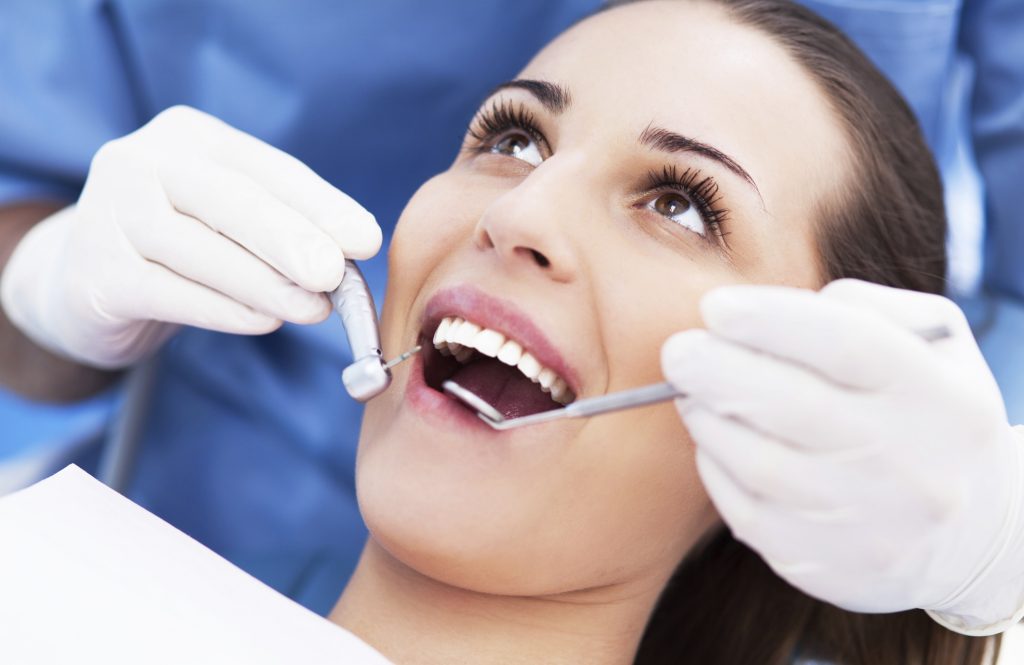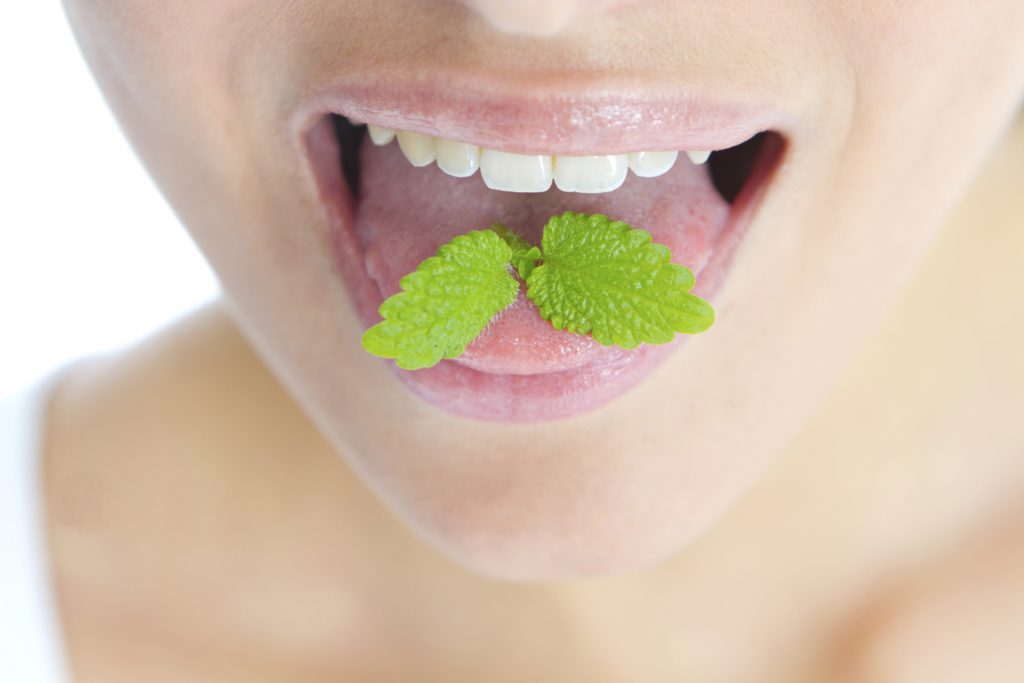A well-rounded oral care routine is the first step towards attaining the smile you want, but if your hygiene is quite good, and you still aren’t seeing the results you want, aesthetic additions may do the trick. Here are some oral care accessories that can enhance your smile at home.
Aesthetic
At-Home Aligners: At-home aligners are an easy, effective means of straightening out your teeth for an enhanced aesthetic. While they aren’t meant for everyone, and you should speak with your dentist prior to incorporating at-home aligners into your oral care practices, they can gently move your teeth into their proper position and enhance your smile.
Whitening Trays: These work similarly to the teeth aligners mentioned above. Instead of working to straighten your teeth however, you simply mold the trey to your teeth, brush on the included whitening solution to the inside of the tray and allow it to rest on your teeth for the prescribed amount of time. Kits are easily accessible and when done properly can make your smile up to a few shades whiter.
UV Light: This is another means of enhancing the color and brightness of your teeth. Typically, when you employ a UV light, you first brush on the whitening solution and allow the light to rest on that set of teeth for a number of minutes. The solution and the light combination work to enhance your smile and can potentially do so up to a few shades whiter.
Hygienic
Electric Toothbrushes: Do you even complete your two-minute scrub and think “My teeth don’t feel very clean”? It may be because the traditional toothbrush just isn’t cutting it anymore. Electric toothbrushes have gained popularity because they are designed to provide brush strokes that work to give you a better clean in the same amount of time. It can go a long way to providing the basic care your teeth need.
Flossers: There are so many ways to floss available for your choosing. Traditional waxed or unwaxed threads are no longer the only option. Water flossers and plush threads are great alternatives (if not better alternatives) to the floss we commonly associate with.
Tongue Scraper: While there is no definitive rule that these need to be employed in your care routine, the benefit of incorporating one is the added removal of potentially harmful bacteria. Tongue scraping removes the same bacteria that feed on the sugars left between the teeth after a meal from the surface of the tongue, improving overall hygiene.
If you have questions or concerns about these care accessories, give us a call or make an appointment today with Dr. Schnall at 212-247-7059 or visit our website at www.philipschnalldmd.com.
Dr. Philip Schnall proudly serves Central Park West and all surrounding areas.
